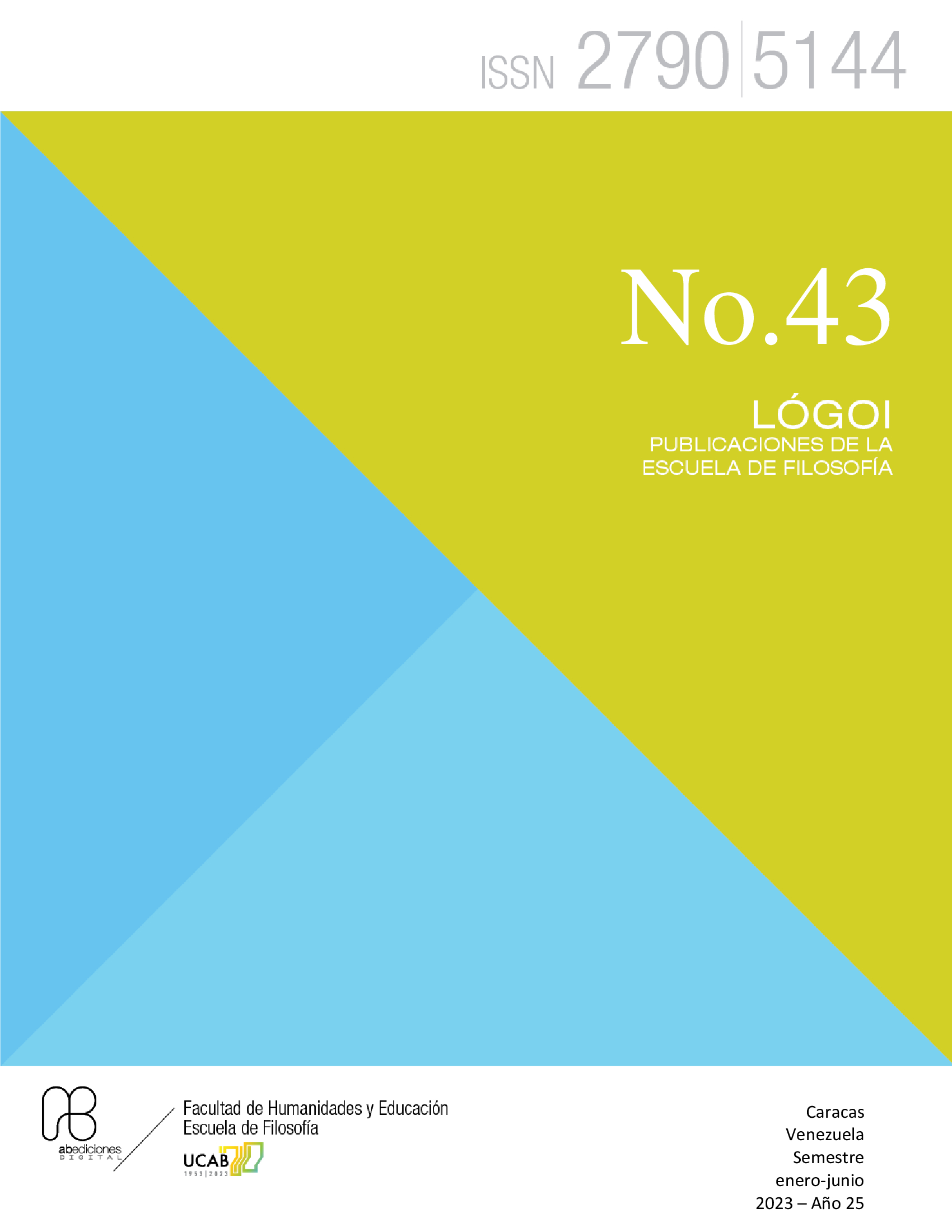Consideraciones antropológicas sobre la ficción
DOI:
https://doi.org/10.62876/lr.vi43.6089Palabras clave:
ficcional, ficción, ficticio, cerebro, imaginación, culturaResumen
La creación de ficciones es un rasgo fundamental de la condición humana en tanto genera mundos simbólicos que sustentan la vida personal y colectiva. En este artículo propongo una distinción entre la espontánea actividad ficcional del ser humano, la ficción como producto cultural y lo ficticio como uno de sus subconjuntos. Tras una breve genealogía histórica de la promoción de las ficciones en la sociedad actual, analizo tres dimensiones de tales ficciones: la dimensión cerebral, la creación de conceptos y metáforas, y su papel en la formación de la identidad.
Descargas
Citas
Bartra, R. Antropología del cerebro. Conciencia, cultura y libre albedrío, (México: FCE, 2014).
Bruner, J. La educación, puerta de la cultura, (Madrid: Visor, 1997).
Cassirer, E. Esencia y efecto del concepto de símbolo, (México: FCE, 1975).
Cassirer, E. Antropología filosófica, (México: FCE,1977).
Castoriadis, C. Post-scriptum sur l’insignifiance. Entretiens avec Daniel Mermet, (Editions de l’Aube, 1998).
Eagleman, D. Incógnito. Las vidas secretas del cerebro, (Barcelona: Anagrama, 2016).
Eliade, M.: Imágenes y símbolos, (Madrid: Taurus, 1955).
Espinosa Rubio, L. “La naturaleza biocultural del ser humano. El centauro ontológico”. En Coca, J.R. Varia biológica. Filosofía, Ciencia y Tecnología, Col. Contextos nº 17: Universidad de León, (2007): 129-162.
Espinosa Rubio, L. “Vida y narración: entre la literatura y la filosofía”, Isegoría 42 (2010/1): 105-128. DOI: https://doi.org/10.3989/isegoria.2010.i42.686
Feldman, J. From Molecule to Metaphor: A Neural Theory of Language, (MIT Press, 2006). DOI: https://doi.org/10.7551/mitpress/3135.001.0001
Gehlen, A. El hombre, (Salamanca: Sígueme, 1980).
Geertz, C. La interpretación de las culturas, (Barcelona: Gedisa, 1990): (4ª reimp.).
Harari, J. N. Sapiens. De animales a dioses, (Barcelona: Debate, 2014).
Johnson, M. The Meaning of the Body: Aesthetics of Human Understanding, (Chicago: University of Chicago Press, 2007). DOI: https://doi.org/10.7208/chicago/9780226026992.001.0001
Kahneman, D. Pensar rápido, pensar despacio, (Barcelona: Debolsillo, 2021).
Lakoff, G. “Neural Theory of Metaphor”, The Cambridge Handbook od Metaphor and Thought, Gibbs Jr., R. W. (Ed.), (Cambridge University Press, 2008). DOI: https://doi.org/10.1017/CBO9780511816802.003
Mithen, S. Arqueología de la mente. Orígenes del arte, la religión y la ciencia, (Barcelona: Crítica, 1998).
Redondo, P. y Salgado, S. La isla de la verdad y otras metáforas filosóficas, (Santander: El desvelo, 2017).
Ortega y Gasset, J. Obras Completas, (Madrid: Alianza-Revista de Occidente, 1983).
Pinillos, J. L. El corazón del laberinto, (Madrid: Espasa, 1997).
Schaeffer, J. M. ¿Por qué la ficción?, (Madrid: Lengua de trapo, 2002).
Vargas Llosa, M. La verdad de las mentiras, (Barcelona: Círculo de Lectores, 1990).
Vattimo, G. Las aventuras de la diferencia, (Barcelona: Península,1986).
Publicado
Cómo citar
Número
Sección
Licencia
Derechos de autor 2023 Luciano Espinosa

Esta obra está bajo una licencia internacional Creative Commons Atribución-NoComercial-CompartirIgual 4.0.










.png)










